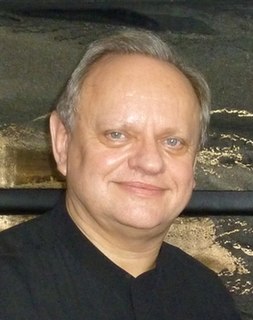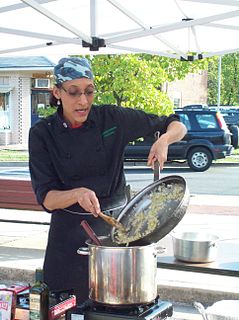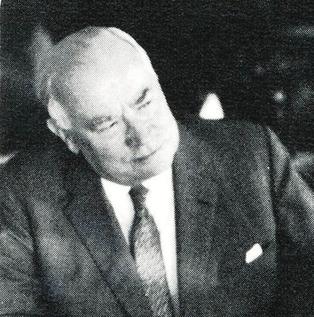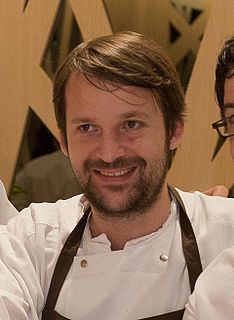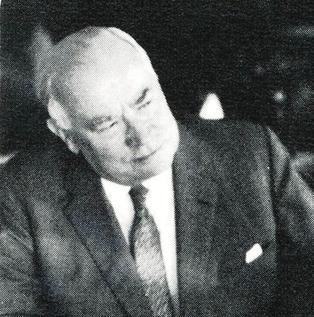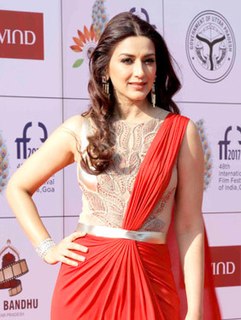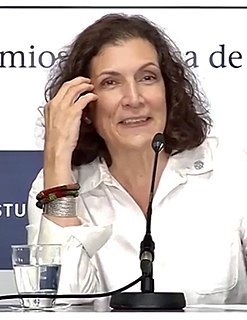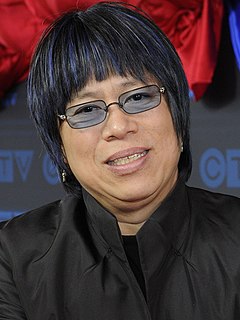A Quote by Joel Robuchon
My cooking philosophy, what I try to do, is to make a cuisine where the produce and the product shines, compared to some current trends that are maybe more adding additional things, like molecular cuisine, with a lot of additives and chemicals, which are now showing that they could be bad for your health.
Related Quotes
Every country possesses, it seems, the sort of cuisine it deserves, which is to say the sort of cuisine it is appreciative enough to want. I used to think that the notoriously bad cooking of the English was an example to the contrary, and that the English cook the way they do because, through sheer technical deficiency, they had not been able to master the art of cooking. I have discovered to my stupefaction that the English cook that way because that is the way they like it.
All of these concoctions that we think are Mexican, are in no way reflective of the deep, incredibly old, complex and sophisticated deep regional cuisine of Mexico. Or the new modern Mexican cuisine, which has really been exploding over the last few years. I think we just have a completely misrepresented view of how good, how complex these flavors are. I think we could learn a lot more. It's a great cuisine that's really moving forward, faster than any other.
I think the great Mexican cuisine is dying because there are fast foods now competing, because there are supermarkets, and supermarkets can't afford to keep in stock a lot of these very perishable products that are used for fine Mexican cooking. Women are working and real Mexican cooking requires enormous amounts of time.
In France cooking is a serious art form and a national sport. I think the French enjoy the complication of the art form and the cooking for cooking's sake. You can talk with a concierge or police officer about food in France as a general rule. It is not the general rule here. Classical cuisine, which I hope we are going back to, means certain ways of doing things and certain ways of not doing things. If you know classical French cooking you can do anything. If you don't know the basics, you turn out slop.
